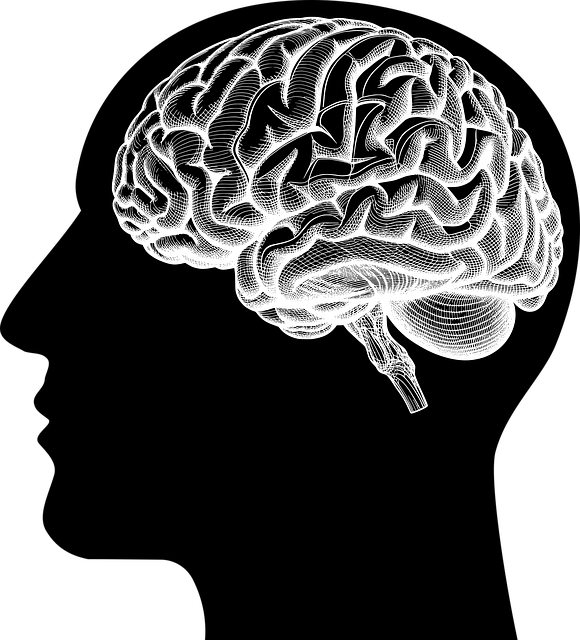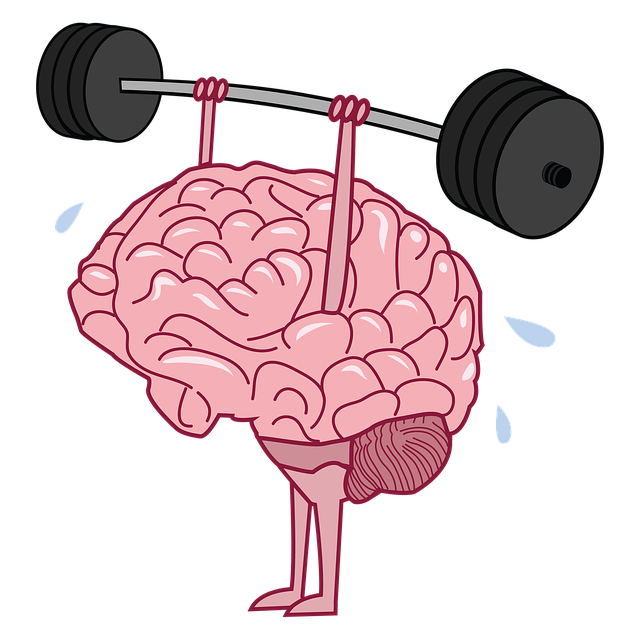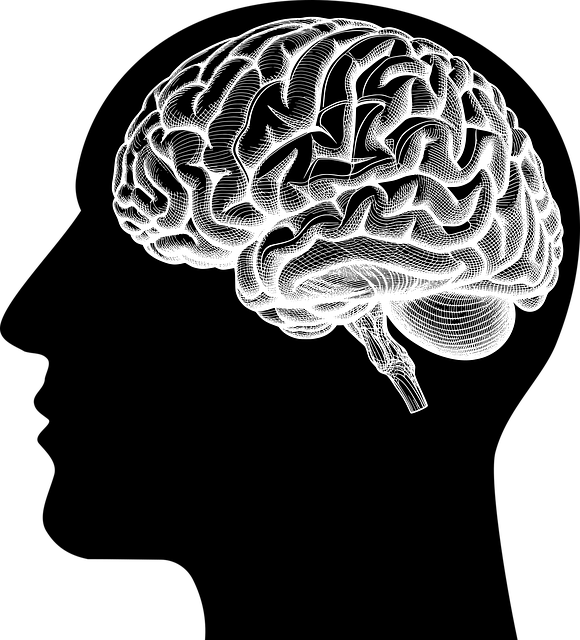Centennial Acceptance and Commitment Therapy (ACT) is a powerful group facilitation approach that emphasizes psychological flexibility for enhanced mental wellness. By encouraging acceptance of internal experiences and commitment to valued actions, ACT fosters self-acceptance and purpose. In group settings, facilitators create safe spaces using techniques like defusion, mindfulness, and identifying personal values, helping participants build resilience. Incorporating ACT principles promotes individual growth, community sense, and is beneficial for advocacy efforts. Measuring progress through ACT assessments allows facilitators to optimize sessions, tailor interventions, and ensure a supportive environment for mental health awareness and risk management.
Mental wellness group facilitation is a powerful tool for fostering resilience and personal growth. This article explores techniques rooted in Centennial Acceptance and Commitment Therapy (ACT), a science-backed approach proven effective in group settings. We’ll uncover strategies for creating safe spaces, guiding members towards self-acceptance, and teaching practical skills to enhance mental well-being. By understanding ACT principles and implementing evidence-based techniques, facilitators can measureable impact on participants’ lives.
- Understanding Centennial Acceptance and Commitment Therapy (ACT) for Group Facilitation
- Creating a Safe and Supportive Group Environment
- Key Techniques to Foster Mental Wellness in Groups
- Measuring and Tracking Progress: Assessing the Impact of Group Facilitation Techniques using ACT
Understanding Centennial Acceptance and Commitment Therapy (ACT) for Group Facilitation

Centennial Acceptance and Commitment Therapy (ACT) offers powerful tools for group facilitation, focusing on psychological flexibility to enhance mental wellness. This therapy encourages individuals to accept their internal experiences, while committing to valued actions, fostering a sense of self-acceptance and purpose. In a group setting, facilitators can promote this mindset shift by creating safe spaces where members feel understood and empowered. Through techniques like defusion techniques, mindfulness exercises, and identifying personal values, ACT helps participants build resilience and navigate challenges with greater adaptability.
Incorporating these principles into group dynamics facilitates not only individual growth but also a sense of community. This collective process can be particularly beneficial in advocacy efforts, such as Mental Health Policy Analysis and Advocacy, where fostering empathy among members is key. By applying ACT’s emphasis on cognitive flexibility and acceptance, facilitators can guide groups towards more constructive engagement with complex mental health issues, ultimately strengthening their ability to effect positive change and promote better mental wellness outcomes.
Creating a Safe and Supportive Group Environment

Creating a safe and supportive group environment is paramount for effective mental wellness facilitation. This begins with fostering an atmosphere of Centennial Acceptance and Commitment Therapy (ACT) principles, where members feel accepted, valued, and understood. Encouraging open and honest communication through non-judgmental listening and active empathy helps build trust among participants. Incorporating self-care practices into group sessions, such as mindfulness exercises or positive affirmations, further reinforces a nurturing environment.
Designing mental health education programs that promote self-awareness exercises allows individuals to explore their thoughts and emotions without fear of criticism. This not only enhances understanding but also enables members to apply learned coping strategies in their daily lives. By consistently creating an inclusive, supportive, and educational setting, facilitators can empower group members to prioritize their mental wellness and foster meaningful connections.
Key Techniques to Foster Mental Wellness in Groups

Fostering mental wellness in group settings is a multifaceted approach that leverages the power of collective support and shared experiences. One of the emerging techniques gaining significant traction is Centennial Acceptance and Commitment Therapy (ACT). ACT encourages individuals to accept their emotions, rather than fighting them, while committing to actions guided by personal values. In group contexts, this translates into creating safe spaces where members can openly discuss their feelings, fostering a culture of non-judgment and empathy. By integrating ACT principles, facilitators enable participants to build resilience and enhance their emotional regulation skills, which are crucial in depression prevention.
Beyond ACT, healthcare provider cultural competency training plays a vital role in effective group facilitation. Understanding the diverse backgrounds and experiences of group members ensures that interventions are inclusive and relevant. Incorporating elements of public awareness campaigns can also stimulate meaningful conversations about mental health, reducing stigma and encouraging early intervention. Through these techniques, facilitators can create supportive environments where individuals feel empowered to take charge of their mental wellness, ultimately contributing to more effective group dynamics and improved overall well-being.
Measuring and Tracking Progress: Assessing the Impact of Group Facilitation Techniques using ACT

Measuring progress is a vital aspect of group facilitation, enabling mental health professionals to assess and adapt their techniques effectively. One robust framework that can be employed here is Centennial Acceptance and Commitment Therapy (ACT). ACT involves assessing participants’ acceptance levels, values clarification, and commitment to goal-directed behaviors. By regularly evaluating these dimensions, facilitators can gain valuable insights into the group’s emotional intelligence and overall well-being.
This approach allows for the tracking of individual and collective progress over time, identifying areas where specific facilitation techniques may be enhancing or hindering growth. Such insights are crucial for optimizing therapy sessions, tailoring interventions to diverse needs, and fostering a supportive environment that encourages public awareness campaigns development in mental health. Furthermore, effective progress measurement aids in risk management planning for mental health professionals, ensuring the safety and well-being of both facilitators and participants.
Centennial Acceptance and Commitment Therapy (ACT) offers a powerful framework for mental wellness group facilitation, creating a safe space where individuals can embrace their experiences without judgment. By employing techniques that foster open dialogue, empathy, and personal accountability, facilitators can help participants navigate challenges and cultivate a sense of well-being. Measuring progress through self-reported assessments and observational notes allows for continuous improvement in group dynamics, ensuring that each session remains effective and impactful. Integrating ACT principles enables group facilitators to guide individuals towards leading more fulfilling lives by embracing their values and taking meaningful actions.














